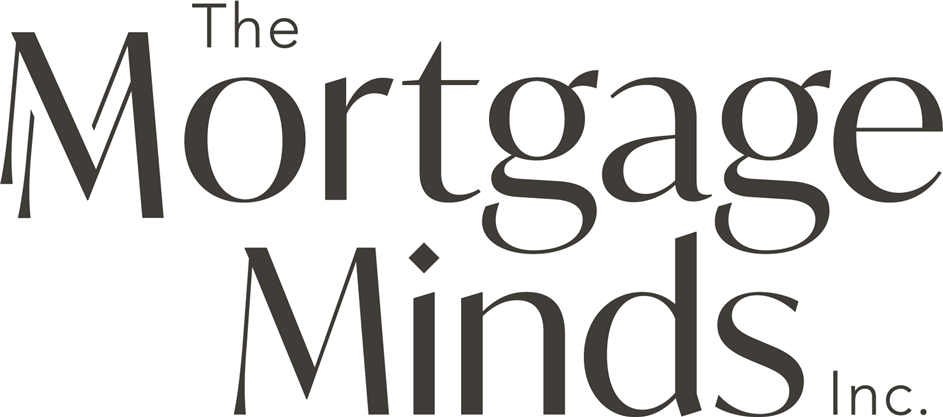
Michelle Lapierre
A New Year Will Bring New Mortgage Changes - How They Impact You
11/15/2017
|
On October 17th, the Office of the Superintendent of Financial Institutions (OSFI) announced new mortgage rule changes for conventional mortgages that must be implemented by January 1, 2018. These are mortgages with 20% or more down payment. This includes not just buyers, but also refinances. If you need to refinance, doing so before the deadline may make or break your ability to qualify. If you are a buyer with less than 20% down, these rules do not apply. I will break out what the announcement was and how it will impact you.
Announced Changes 3 Key Changes Highlighted:
Of the above, the stress test has the most immediate impact to the largest number of consumers so that will be the focus of this newsletter.
Stress Test - Who It Impacts These changes are challenging to communicate because they hit the strongest buyers and those least likely to be concerned about them. More than ever, regardless of how strong you think your purchase position is, a thorough pre-approval can save you from unpleasant surprises. Find out where you stand and if these rules will impact you personally if you are:
Conventional Stress Test - How It Works Lenders determine their policies on maximum lending based on two affordability ratios. One calculation determines what percentage of your gross income is required to meet your housing costs (mortgage payment, condo fee, property taxes and heating). Most lenders allow this to be a maximum of 39%. The second calculation determines the percentage of your gross income required to meet your housing costs and your other monthly debt commitments. Most lenders allow this to be a maximum of 44%. While these are the most common maximums for these ratios, lenders determine their own policies and some do offer exceptions for conventional buyers. Instead of using the interest rate you are actually getting to calculate the mortgage payment in these ratios, lenders will now have to use the Bank of Canada Qualifying Rate or the contract rate plus 2%, whichever is greater. This increases these calculations so you reach the lender's maximum affordability ratios at a lower mortgage amount than you do now. This rule change drops your buying power. Example Mark and Nicole have salaries of $65,000/year each. They are buying with 20% down payment. For debt they each have a $650/month car loan, Nicole has a line of credit with a calculated payment of $500/month, and Mark has a $400/month student loan payment. Assumptions: property taxes $4000, no condo fee, $125/month heating, 5-year fixed contract rate of 3.39%, 25-year amortization, standard insurer affordability ratios. Maximum Purchase Old Rules - $530,000 Maximum Purchase New Rules - $435,000 = 18% drop in buying power
Commonly Asked Question On These Changes Do Pre-Approvals Protect You? It is up to lenders how they will roll out the Jan. 1st change, including how they will manage pre-approvals. So far, the majority who have announced their implementation specifics are not honouring pre-approvals issued before the 1st. That said, some may still choose to honour them. Will This Impact My Renewal? If you stay with your current lender you do not need to requalify at these tougher guidelines. If you choose to move lenders you will need to requalify. Unfortunately, lenders will know this and it will give them more reason to offer higher interest rates at renewal, knowing some will have no choice but to stay put. Before you sign those renewal papers, give me a call to discuss your options. Are Credit Unions Impacted? Credit Unions are not governed by OSFI and are provincially regulated, so they are not required to follow these guidelines. Most credit unions lend conservatively and many already use the Bank of Canada Qualifying Rate, it is up to individual credit unions to determine their lending policies and if they are choosing to follow these same guidelines. Do I Have Until Jan 1st To Write An Offer? No, not necessarily. It is up to lenders to choose how they will implement the deadline. Some lenders are choosing to process any offer accepted prior to midnight on Dec. 31st under the old guidelines. Others are choosing earlier deadlines for submissions, as early as Dec. 15th. What If I Am Approved But My Possession Is After Dec. 31st? You can confirm with your lender, but so far all lenders who have announced their implementation plans are grandfathering mortgages that have already been approved but are waiting to close, even if possession is after the rule change deadline.
If you would like to discuss how these rule changes impact your purchase or refinance, contact me to do the math on your pre-rule change and post-rule change numbers. |




























